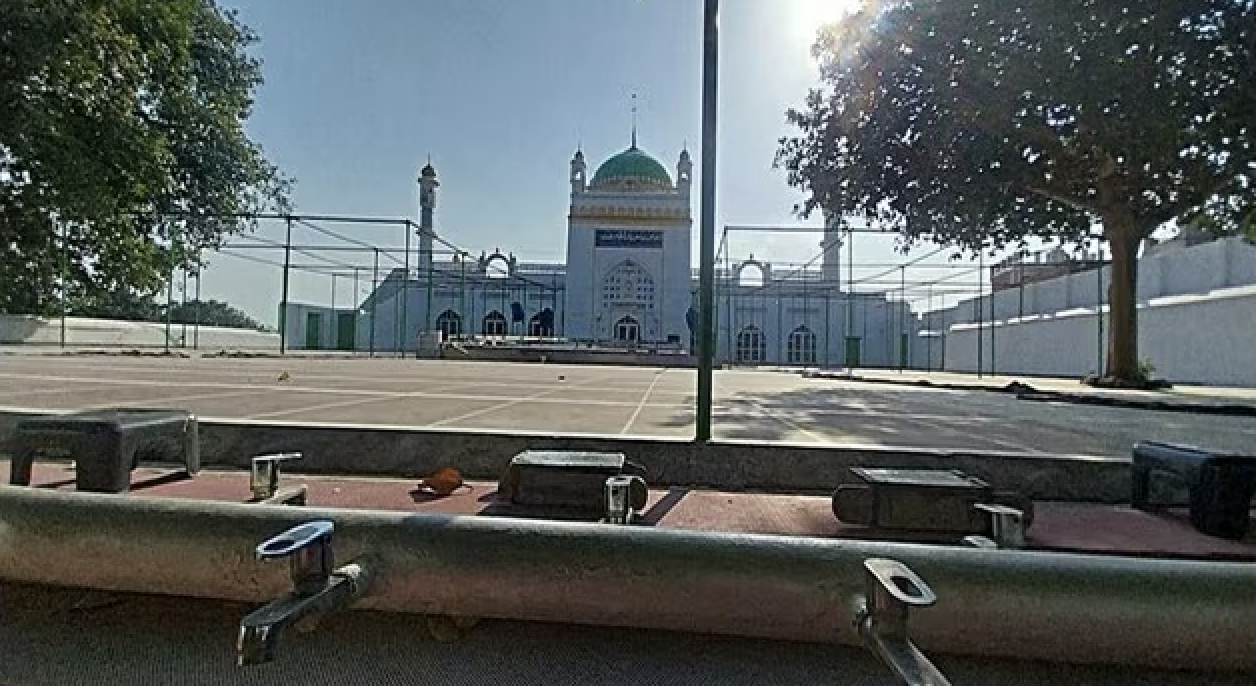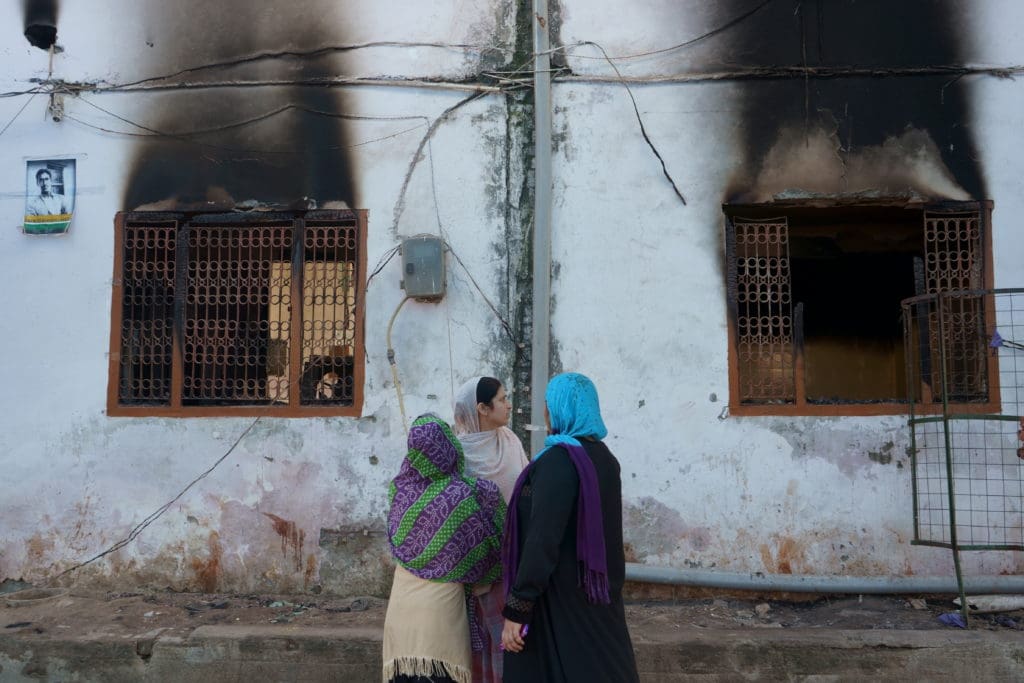
By Ayush Tiwari & Zafar Aafaq
On Thursday, the National Democratic Alliance government tabled a bill in Parliament that proposes big-ticket changes in the law governing Islamic charitable endowments, or “waqf”.
The bill was fiercely opposed by leaders of the INDIA alliance, who said it violated the right to freedom of religion and the freedom to manage religious affairs, among others.
After objections from Opposition leaders, the bill was referred to a joint parliamentary committee for further consultation.
The 44 amendments in the Waqf (Amendment) Bill, 2024, propose to curb the authority of waqf boards, allow greater control by the government, allow non-Muslims to be members of the boards, restrict the donation of properties, and change how waqf tribunals function.
Several Muslim organisations like the All India Muslim Personal Law Board and Jamaat-e-Islami Hind have criticised the bill for seeking to “diminish the autonomy” of waqf boards and for being drafted without consultations with the community.
Scroll spoke to waqf board members and experts to understand the implications of the proposed new regime. While some of them believed the proposed changes bring in much-needed reform, many argued that it infringes on the community’s religious rights and might make Muslim properties vulnerable to disputes. Contrary to government claims, the bill does not increase gender representation in waqf boards, they pointed out.
More government control
A waqf board is supposed to supervise the philanthropic endowments made by citizens – mostly Muslims – for religious reasons. India has 30 waqf boards, each carved out for a state or a Union territory. Together, they control nearly 9 lakh properties across the country.
This story was originally published in scroll.in. Read the full story here.






